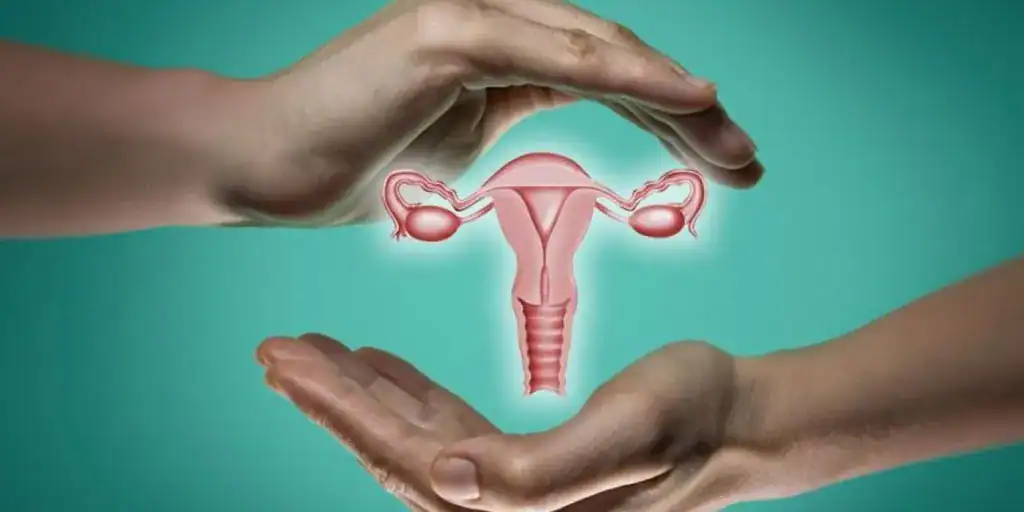Cervical Cancer and Fertility Preservation for Women
Cervical cancer and fertility preservation for women is a vital conversation as we observe Cervical Cancer Awareness Month each September. A diagnosis of cervical cancer does not mean the end of a woman’s hopes to start or expand her family. With comprehensive care, proactive detection, and expert medical guidance, many women can explore options for fertility preservation or alternative pathways to parenthood.
Understanding Cervical Cancer
Cervical cancer develops in the cells lining the cervix, the lower portion of the uterus connecting to the vagina. Persistent infection with high-risk strains of the human papillomavirus (HPV) is the primary cause of cervical cancer. HPV is a common sexually transmitted infection, but the disease is largely preventable and highly treatable if caught early.
In South Africa, routine Pap smears and HPV testing—accessible at public clinics and through private healthcare providers—play a critical role in early detection. The HPV vaccine, offered through school programs and private health channels, provides significant protection against high-risk HPV strains, reducing the likelihood of developing cervical cancer.
While survival is the first priority after a diagnosis, fertility preservation becomes increasingly important, especially for younger women who wish to have children in the future.
How Cervical Cancer Affects Fertility
The impact of cervical cancer on fertility depends on the stage of the disease and the treatment method employed.
Surgery and Fertility Preservation
Surgical interventions such as cone biopsies or trachelectomies are designed to be fertility-sparing. These procedures remove cancerous tissues while keeping the uterus intact. Many women successfully conceive and have healthy pregnancies following surgery. However, there are inherent risks, including miscarriage, premature birth, or the need for cesarean delivery.
In advanced cases, a hysterectomy (removal of the uterus) may be necessary, leading to permanent infertility. If ovaries are removed alongside the uterus, it may trigger early menopause, further affecting reproductive potential.
Radiation, Chemotherapy, and Reproductive Health
Radiation treatments targeting the pelvic region can inadvertently damage the uterus and ovaries, significantly reducing fertility prospects even if the uterus is left intact. Similarly, chemotherapy may lower ovarian reserves, increasing the risk of early menopause. These treatments underscore the importance of early consultation with fertility specialists before beginning cancer therapy.
Medical professionals now strongly advocate that fertility preservation discussions be initiated prior to the commencement of cervical cancer treatment, ensuring patients are fully aware of their reproductive options.
Fertility Preservation Options
Women diagnosed with cervical cancer have several strategies available to protect fertility:
-
Oocyte or embryo freezing: Harvesting eggs or embryos before cancer treatment.
-
Ovarian tissue preservation: Temporarily removing and freezing ovarian tissue for re-implantation post-treatment.
-
Fertility-sparing surgery: Opting for surgical techniques that conserve the uterus and reproductive organs.
These options allow women to retain the possibility of biological parenthood despite the challenges of a cancer diagnosis.
Importance of Early Detection and HPV Vaccination
Early detection remains the cornerstone of effective cervical cancer management. Regular screenings with Pap smears and HPV testing allow for timely intervention, often preventing the need for aggressive treatments that compromise fertility.
The HPV vaccine plays a critical preventative role, reducing the risk of high-risk HPV infections that lead to cervical cancer. Widespread vaccination campaigns in schools and communities contribute to safeguarding women’s reproductive health for the future.
Emotional and Psychological Considerations
Facing cervical cancer while considering fertility preservation can be emotionally challenging. Women often experience anxiety, fear, and uncertainty about their reproductive future. Comprehensive care involves not only medical interventions but also psychological support to help patients navigate complex decisions regarding treatment and family planning.
Support networks, counseling services, and fertility specialists play an essential role in helping women make informed decisions while managing the emotional burden of a cancer diagnosis.
Future Outlook for Women’s Reproductive Health
The conversation around cervical cancer and fertility preservation for women is evolving. Advances in medical technology, early detection strategies, and personalized cancer treatments are increasing opportunities for women to preserve fertility without compromising survival.
Healthcare providers increasingly recognize the importance of integrating fertility counseling into standard cervical cancer care. By prioritizing reproductive health alongside cancer treatment, women can maintain hope for a future family while successfully managing their diagnosis.
Conclusion
Cervical cancer and fertility preservation for women underscores the importance of early detection, proactive medical care, and fertility-focused treatment planning. Through options like fertility-sparing surgery, oocyte or embryo freezing, and ovarian tissue preservation, women diagnosed with cervical cancer can explore ways to retain their reproductive potential.
Regular screenings, the HPV vaccine, and access to expert medical guidance are key to safeguarding women’s reproductive health. While cervical cancer is a serious diagnosis, advances in treatment and fertility preservation ensure that hope and possibilities for parenthood remain very much alive.




